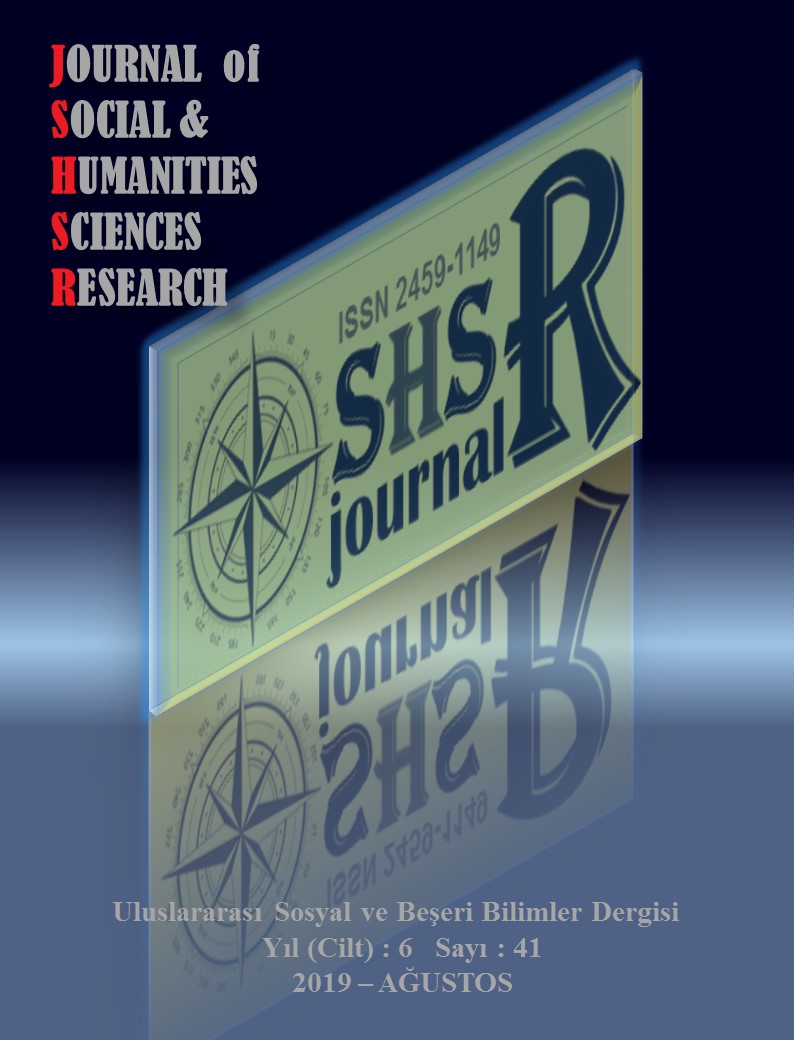THE ASSESSMENTS OF IMAM GAZALI AND SABRI FEHMI ULGENER ON MELAMI CULTURE
DOI:
https://doi.org/10.26450/jshsr.1303Keywords:
Melami Culture, İmam Gazali, Sabri F. ÜlgenerAbstract
It is a clear fact that religious doctrines and attitudes that shape the social sphere develop and advance through different
branches. The changes that these branches undergo in themselves become part of this process. Particularly, the economic,
political and social factors that the social sphere is exposed cause to change in some religious attitudes and behaviors. It also
causes religious elements to be interpreted in accordance with those conditions. In particular, the understanding of mysticism
and tolerance is also influenced by this process of change. These changes can be negative as well as positive. Melami culture
is one of the areas where the effect of this change is seen. The main subject of this study is the change in Melami culture and
its reflections in the social field. Firstly, historical development of Melami culture will be included. Then, the narratives of
Imam Ghazali, one of the Khorasan Melamis, and his critiques of the Melami culture in his time, and the evaluation of the
Melami culture formed by Sabri Fehmi Ülgener's understanding of humility and Sufism in Anatolia. Afterwards, the narratives
of Imam Ghazali, one of the Horasan Melamis, and his criticisms of the Melami culture during the period will be given and
Sabri Fehmi Ülgener's evaluation of the Melami culture formed with the understanding of humility and Sufism in Anatolia.
Finally, the implications of these two thinkers will be compared between themselves. Thus, both Horasan Melami culture and
Melami culture in Anatolia will be compared and the comparison of two thinkers that are different from each other in terms of
geography and field of study will be made.
Downloads
Published
How to Cite
Issue
Section
License
Copyright (c) 2019 INTERNATIONAL JOURNAL OF SOCIAL HUMANITIES SCIENCES RESEARCH

This work is licensed under a Creative Commons Attribution 4.0 International License.


